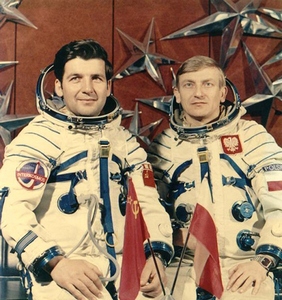History /
Civilian life in Poland (Krakow) during the WW2. [30]
Polskie drogi happens also in Kraków, doesn't it? ;-)
Yes, but not only.
Andrzej Chwalba's book, unlike any of the previous volumes in this series (with the partial exception of the first volume, which opens with Jerzy Wyrozumski's fascinatingly exhaustive ruminations on the origins and shape of Cracow at the dawn of its recorded history), affords the reader that particular pleasure of watching the professional historian unpack and put to use all the tools at his disposal.
Good source. Chwalba seems to be the best expert today.
An interview with him: www3.uj.edu.pl/alma/alma/64/01/02.html
Why not pay a visit to the museum 'Krakow under occupation 1939 - 1945' this will answer all your questions and many many more.
Good advice.
There are two main museum sites:
Former Gestapo building: mhk.pl/oddzialy/ulica_pomorska
Sschindler`s factory: mhk.pl/oddzialy/fabryka_schindlera_wystawa_stala
Also, good source is war memories, scattered all over the Internet:
kedyw.info/wiki/Karolina_Lanckoro%C5%84ska,_Wspomnienia_wojenne_% 28fragmenty%29
kedyw.info/wiki/Jacek_Trznadel,_Film_Andrzeja_Wajdy._Mi%C4%99dzy_ fikcj%C4%85_a_kiczem._fragmenty_dotycz%C4%85ce_okupacyjnego_Krako wa%29
because I am writing a book.
If you want to write a good informative book based solely on the Internet sources, I may say it will be a disaster from historic point of view. You need to know Polish, first of all, to reach Polish literature on the topic which hasn`t been translated so far. Also, you need to speak Polish to reach witnesses of events and run interviews.
 PolishForums LIVE / Archives [3]
PolishForums LIVE / Archives [3]
